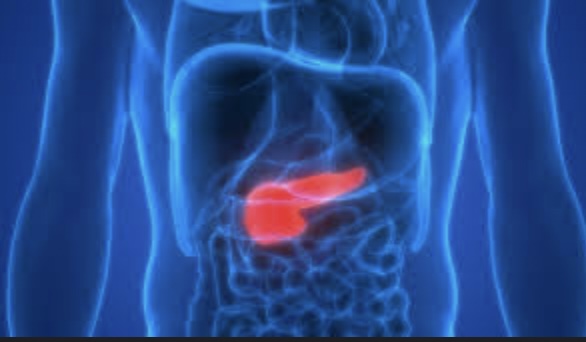Pancreatic cancer is a deadly disease that affects the pancreas, a gland located behind the stomach that produces enzymes and hormones that regulate blood sugar levels. Unfortunately, pancreatic cancer often goes undetected until it has reached an advanced stage, making it difficult to treat and lowering the chances of survival. Recognising the symptoms of pancreatic cancer can help improve the prognosis and treatment options for individuals with this disease. Pancreatic cancer is prevalent in Australia. The Australian government provides resources and support for individuals with pancreatic cancer symptoms in Australia.
Understanding Pancreatic Cancer and Its Causes
Pancreatic cancer occurs when abnormal cells in the pancreas begin to grow and divide uncontrollably, forming a tumour. The exact cause of pancreatic cancer is unknown, but several risk factors have been identified, including age (over 50), family history of pancreatic cancer, smoking, obesity, chronic pancreatitis, and diabetes.
Common Symptoms of Pancreatic Cancer
Pancreatic cancer can cause a variety of symptoms, although these symptoms can also be caused by other conditions, making it difficult to diagnose. Some of the most common symptoms of pancreatic cancer include the following:
- Jaundice: Yellowing of the skin and eyes due to a buildup of bilirubin, a waste product produced by the liver.
- Abdominal pain: Dull or sharp pain in the upper abdomen or back that may worsen after eating or lying down.
- Weight loss: Unintentional weight loss of 10% or more over several months.
- Loss of appetite: A decreased desire to eat or feeling full quickly.
- Nausea and vomiting: Feeling nauseous or vomiting, particularly after eating.
- Changes in bowel habits: Diarrhea, constipation, or pale, oily, foul-smelling stools.
Seeking Medical Attention and Diagnosis
If you experience any of the symptoms mentioned above, it is important to seek medical attention. Your doctor will probably do a physical examination and order various tests, including blood tests, imaging studies, and biopsies, to find the cause of your symptoms.
Treatment Options for Pancreatic Cancer
Treatment options for pancreatic cancer depend on the stage of cancer and the overall health of the patient. Surgery, chemotherapy, and radiation therapy are the most common treatment options for pancreatic cancer.
Surgery may be recommended if cancer has not spread beyond the pancreas. In some cases, the surgeon may remove part or all of the pancreas, the bile duct, and the small intestine.
Chemotherapy is a treatment that uses drugs to destroy cancer cells. Chemotherapy may be given before or after surgery or as the primary treatment for advanced pancreatic cancer.
Radiation therapy uses high-energy beams to kill cancer cells. It may be used alone or in combination with chemotherapy.
Pancreatic Cancer in Australia
Pancreatic cancer is the ninth most common cancer in Australia, accounting for around 3% of all new cancer cases each year. However, it is also one of the deadliest forms of cancer, with a five-year survival rate of just 10%. In 2020, it was estimated that there were 3,567 new cases of pancreatic cancer diagnosed in Australia, and 3,136 people died from the disease.
The Cancer Council Australia offers a range of services, including information and support programs, practical assistance, and advocacy for improved cancer care. The organisation also provides a helpline for individuals seeking information or support regarding pancreatic cancer symptoms in Australia.
In addition, the Australian Pancreatic Cancer Genome Initiative (APGI) is a collaborative research project focused on understanding the genetic and molecular mechanisms underlying pancreatic cancer. The APGI aims to improve the diagnosis, treatment, and prevention of pancreatic cancer through cutting-edge research.
Pancreatic cancer is a serious and often deadly disease, but early detection and treatment can significantly improve the chances of survival. By recognising the symptoms of pancreatic cancer and seeking medical attention promptly, individuals can increase their chances of receiving effective treatment.
